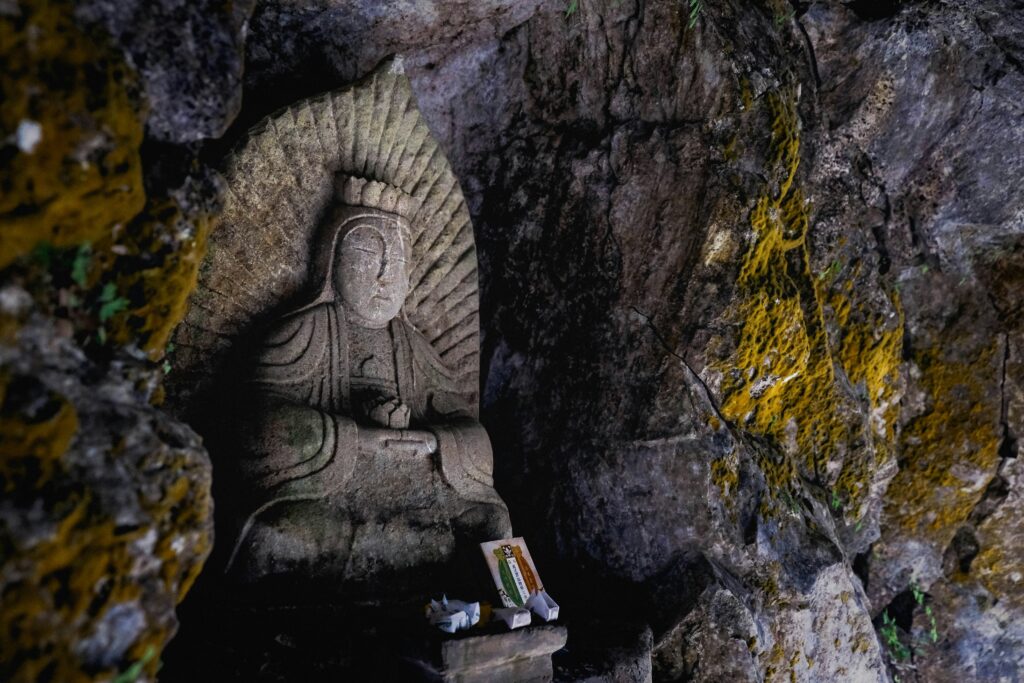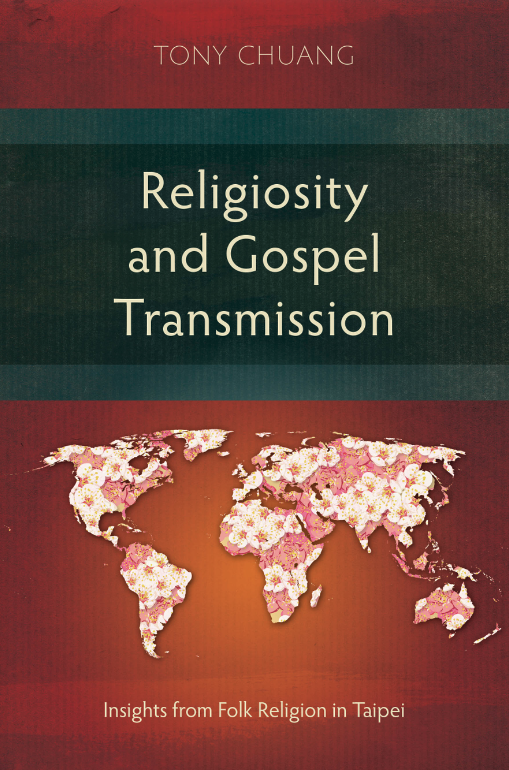Langham author Tony Chuang explains why sharing the Gospel in Taiwan (which is steeped in folk religion) needs to address daily needs and show God as more powerful than traditional deities:
As a first grader, I had the same daily after-school routine. My grandma would remind me to greet the ancestors before I could play with my Transformer robots. I’d pick up a stick of incense, clamp my palms together, and pray a simple prayer to the ancestral shrine in the middle of the living room.

I asked for health, wealth, and good grades. Then I’d snack on the crackers that had been offered to the ancestors and deities in the shrine.
At the time, I had never heard the gospel, and what I did hear about Christianity from my grandparents was negative. Our way was Chinese folk religion, which mixed elements of Confucianism and Daoism (Taoism) with a plethora of deities, ancestors, and shamanistic rituals.
It was not until high school that a classmate told me the gospel and I gave my life to this Christian God. About 30 years later, I wrote ‘Religiosity and Gospel Transmission: Insights from Folk Religion in Taipei‘ to explore how folk religion shapes the worldview of Taiwanese people, so that Christians can share the gospel effectively.
Two key questions for Christianity to answer
Today, Christians only make up 6 percent of Taiwan’s population, while adherents to folk religion compose 44 percent, according to research. Through interviews with 25 people in the streets and temples of Taipei, I began to see two key questions that Christianity needed to answer for Taiwanese people enmeshed in the world of folk religion.
How does Christianity engage with the spiritual realm? And how does it help the everyday life of the Taiwanese? Chinese folk religion pervades everyday life, and social institutions— including government offices and schools— making it a key part of Taiwanese consciousness.
In this context, a presentation of the gospel should directly address the forces of ghosts, spirits, local deities, and ancestors that make up Taiwanese people’s lived realities. Demons and evil spirits are a real concern today in many parts of Taiwan.

The gospel must be seen not just as insurance for the afterlife but as protection in this life against real or perceived spiritual forces. One practical example is telling non- Christians about the power of Jesus’s name to drive back demons that may be attacking one’s house, or the power of prayer to do things that no spirits or deities could do.
Interested in practical concerns
While gospel presentations in the West focus on more abstract concepts like how Christianity provides forgiveness of sins, new life, and hope for eternity, Taiwanese people are more interested in practical, everyday concerns.
Today, many Christian teachers exhort us to gospel living, but what about the gospel in daily life? When your business is not doing well, what is the gospel’s answer to that? When you live in a crime-ridden neighbourhood, how does the gospel protect you? The easy answers of “have more faith” and “turn to Jesus” are not concrete enough to address real concerns.
What many Taiwanese need is a more down-to-earth gospel that addresses the same things that folk religion deities address: daily lives and felt needs. These needs are not a side project for the deities but their sole purpose. A contextual approach to gospel presentations in Taiwan should frame the Lord as better than the goddess Mazu in her protection of fishermen, better than the earth god in his protection of land, better than Guanyin in her compassion for people.
The fullness of the Gospel
That doesn’t mean Christians should water down the gospel or make it only about fulfilling daily needs. In Jesus’ ministry, he encountered people and provided for both their external and spiritual needs (eg, Matt 5:41; Mark 12:17; Matt 18-21-22). Abstract truth sometimes came with the fulfilment of daily needs and sometimes did not. Sometimes God does not fulfil every felt need. But that does not mean the gospel does not speak on a given subject.
For instance, the gospel teaches people not to worry about money or promotions but to “seek first his kingdom and his righteousness, and all these things will be given to you as well” (Matt. 6:33). To show that the gospel of Jesus Christ is necessary and vital amid a culture steeped in folk religion, Christians need to show that God is more powerful than the spirits and deities that threaten the Taiwanese people, and that He is a better answer to the daily needs of their lives. The result is a gospel that is truly “good news” for Taiwanese people and an appeal that can take root in this culture.
Excerpt adapted from ‘Religiosity and Gospel Transmission: Insights from Folk Religion in Taipei’ by Tony Chuang. Copyright © 2024 Langham Academic. All rights reserved. No part of this excerpt may be reproduced or reprinted without permission in writing from the publisher. Adapted excerpt first published on the Christianity Today website.

